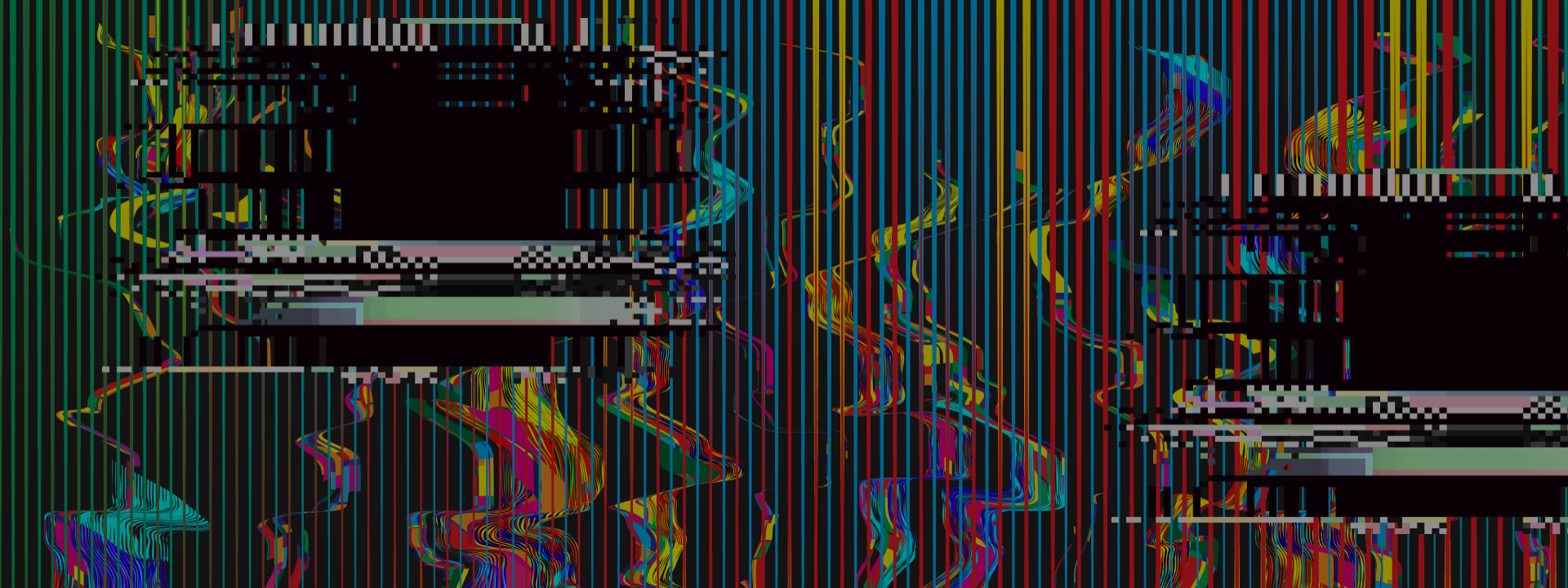Bibliographic references
Associação Médica Mundial, “Declaração de Helsinque”. Disponível em https://www.fcm.unicamp.br/fcm/sites/default/files/declaracao_de_helsinque.pdf. Acesso em 30set2022.
Barone, Dante Augusto Couto org. Sociedades Artificiais: A nova fronteira da inteligência nas máquinas. Porto Alegre: Bookman, 2003.
Benanti, Paolo. “Inteligência artificial e ética: um estado da arte.” Disponível em http://www.ihu.unisinos.br/78-noticias/591436-inteligencia-artificial-e-etica-um-estado-da-arte-artigo-de-paolo-benanti. Acesso em 13mar2020.
Bostrom, Nick & Eliezer Yudkowsky. “A Ética da Inteligência Artificial”. Instituto Ética,
Racionalidade e Futuro da Humanidade. 2011. http://ierfh.org/br/post/a-etica-da-inteligencia-artificial. Acesso em 24ago2019.
Braga, Adriana & Chaves, Mônica. “Inteligência Artificial e Singularidade: a metafísica das tecnologias digitais”. XXVIII Encontro Anual da Compós, Pontifícia Universidade Católica do Rio Grande do Sul, Porto Alegre – RS, 11 a 14 de junho de 2019 (ISSN: 2236-4285). Disponível em https://proceedings.science/compos/compos-2019/papers/inteligencia-artificial-e-singularidade–a-metafisica-das-tecnologias-digitais. Acesso em 10out2022.
Brocke, J. Vom, M. Rosemann. Manual de BPM: Gestão de Processos de Negócio. Porto Alegre: Bookman, 2013.
Carnielli, Walter. “Os axiomas de Deus, o Maligno e a inteligência artificial.” Disponível em https://outline.com/F47dW8. Acesso em 21ago2019.
Cortiz, Diogo: Privacidade e Inteligência Artificial (Parte 1). Disponível em https://www.youtube.com/watch?v=E-WlEqqPLuU&feature=youtu.be. Acesso em 13mar2020.
Dawkins, Richard. O Gene egoísta. Companhia das Letras. Disponível em http://ww7.lelivros.info/. Acesso em 12set2022.
Epstein, Isaac. “Uma Máquina que Aprende (Gabriela I)”. In Cibernética e Comunicação. Isaac
Epstein. Org. São Paulo: Cultrix, USP, 1973. O artigo original foi publicado na revista Cybernetica, no. 1, 1966, da Ass. Internacional de Cibernética, Bélgica.
Fabian, Chris & Robert Fabricant. “The Ethics of Innovation”. Stanford Social Innovation Review. Disponível em https://ssir.org/articles/entry/the_ethics_of_innovation?fbclid=IwAR3iuChw8gobfnUHDgu4bZl89-UHbTk6zfY0LDhbaLdSmmKU-E_IUEY74tY. Acesso em 12mar2020.
Goldfarb, J. L. Odécio Souza. “UnFaking Data and News: a contribuição da CESIMA Digital.” Disponível em https://www.17snhct.sbhc.org.br/resources/anais/11/snhct2020/1595341285_ARQUIVO_635fba6d981507b0c7daf7c4ebfbde55.pdf. Acesso em 30set2022.
Google. “Google tracked his bike ride past a burglarized home. That made him a suspect.” Disponível em https://www.nbcnews.com/news/us-news/google-tracked-his-bike-ride-past-burglarized-home-made-him-n1151761. Acesso em 13mar2020.
Green, Brian Patrick. “Igreja é voz moral diante do avanço da inteligência artificial. Entrevista com Brian Patrick Green”. Disponível em http://www.ihu.unisinos.br/78-noticias/594280-igreja-e-voz-moral-diante-do-avanco-da-inteligencia-artificial-entrevista-com-brian-patrick-green. Acesso em 13mar2020.
_______________, “Inteligência artificial – A disputa entre a busca da eficiência e os desafios ético-morais. Entrevista com Brian Patrick Green”. Disponível em http://www.ihu.unisinos.br/159-noticias/entrevistas/570635-inteligencia-artificial-e-a-disputa-entre-eficiencia-e-principios-morais-entrevista-especial-com-brian-green. Acesso em 13mar2020.
Harari, Yuval Noah. Homo Deus: Uma breve história do amanhã. Tradução Paulo Geiger. São Paulo: Companhia das letras, 2016.
__________. Sapiens: Uma breve história da humanidade. 20a. Edição. Tradução Janaína Marcoantonio. Porto Alegre: L&PM, 2017.
__________. 21 Lições para o Século 21. Tradução Paulo Geiger. São Paulo: Companhia das letras, 2018.
Hidalgo, Cesar A. at ali. How Humans Judge Machines. Cambridge, MIT Press, 2021. Instituto de Estudos Avançados da Universidade de São Paulo
Kaplan, Andreas, Michael Haenlein. “Siri, Siri, in my hand: Who’s the fairest in the land? On theinterpretations, illustrations, and implications of artificial intelligence”. Kelley School of Business, Indiana University. Elsevier Inc, 2018. https://doi.org/10.1016/j.bushor.2018.08.004.
Kumar, Akshara, Shivaprasad Gadag, Usha Yogendra Nayak. “The Beginning of a New Era: Artificial Intelligence in Healthcare”. Adv Pharm Bull, 2021, 11(3), 414-425. doi: 10.34172/apb.2021.049. https://apb.tbzmed.ac.ir.
La Taille, Yves de. “Moral e ética no mundo contemporâneo”. Revista USP. São Paulo. n. 110 p.29- 42, julho/agosto/setembro 2016.
Peirce, Charles Sanders. “A propósito do Ator”. In Semiótica e Filosofia: textos escolhidos de Charles Sanders Peirce. Mota, Octanny Silveira e Leônidas Hegenberg. Orgs. e trads. São Paulo: Cultrix, 1975.
Shneiderman, Ben. Human-Centered AI. OUP Oxford. Edição do Kindle.
Silvestre, Paulo. “Até onde podemos ser iludidos pela Inteligência Artificial.” Sociotramas. https://sociotramas.wordpress.com/2019/06/10/ate-onde-podemos-ser-iludidos-pela-inteligencia-artificial/?fbclid=IwAR2DrXfWBfp-WbS90AK-76i5uhd4kQIBzXNuFJ-bPvM5vh7BluvMP7fd_Fk. Acesso em 01jul2019.
Srivastava, Ashok N. e Mehran Sahami, ed. Text Mining: Classification, Clustering, and Applications. Boca Raton [FL]: Taylor and Francis, 2009.
Souza, Odécio. O autor utilizou diversos itens e referências originalmente oferecidos ao GEMS-Grupo de Estudos em Modelagem de Software/PUC-SP, dgp.cnpq.br/dgp/espelholinha/6175707291827327141867.
__________. “Edgar Frank Codd e o Banco de Dados Relacional: Uma contribuição para a História da Computação.” Dissertação de Mestrado em História da Ciência, Pontifícia Universidade Católica de São Paulo, 2014.
__________. “CesimaDigital: uma ferramenta para a história da ciência.” Tese de Doutorado em História da Ciência, Pontifícia Universidade Católica de São Paulo, 2019.
__________, José Luiz Goldfarb. “Gabriela e o ensino da computação”. Apresentado no VI ESOCITE.BR / TECSOC: VI Simpósio Nacional de Ciência, Tecnologia e Sociedade – Rio 2015. http://www.necso.ufrj.br/vi_esocite_br-tecsoc/gts /Odecio%20Souza%20_%20Gabriela-Set2015.pdf. A referida apresentação pode ser encontrada em https://pt.slideshare.net/odeciosouza5/gabrielaensinocomputao, ambos acessados em 24 de maio de 2018.
Times, The New York. “Artificial Intelligence Hits the Barrier of Meaning”, New York Times Opinion, Nov 7, 2018, by Melanie Mitchell. https://medium.com/new-york-times-opinion/artificial-intelligence-hits-the-barrier-of-meaning-56274e7734b6. Acesso em 01jul2019.
UNESCO, documentos disponíveis em https://www.unesco.org/en/artificial-intelligence/recommendation-ethics; https://globalpolicy.ai/en/unesco/; https://unesdoc.unesco.org/ark:/48223/pf0000381137. Acesso em 14set2022.




























